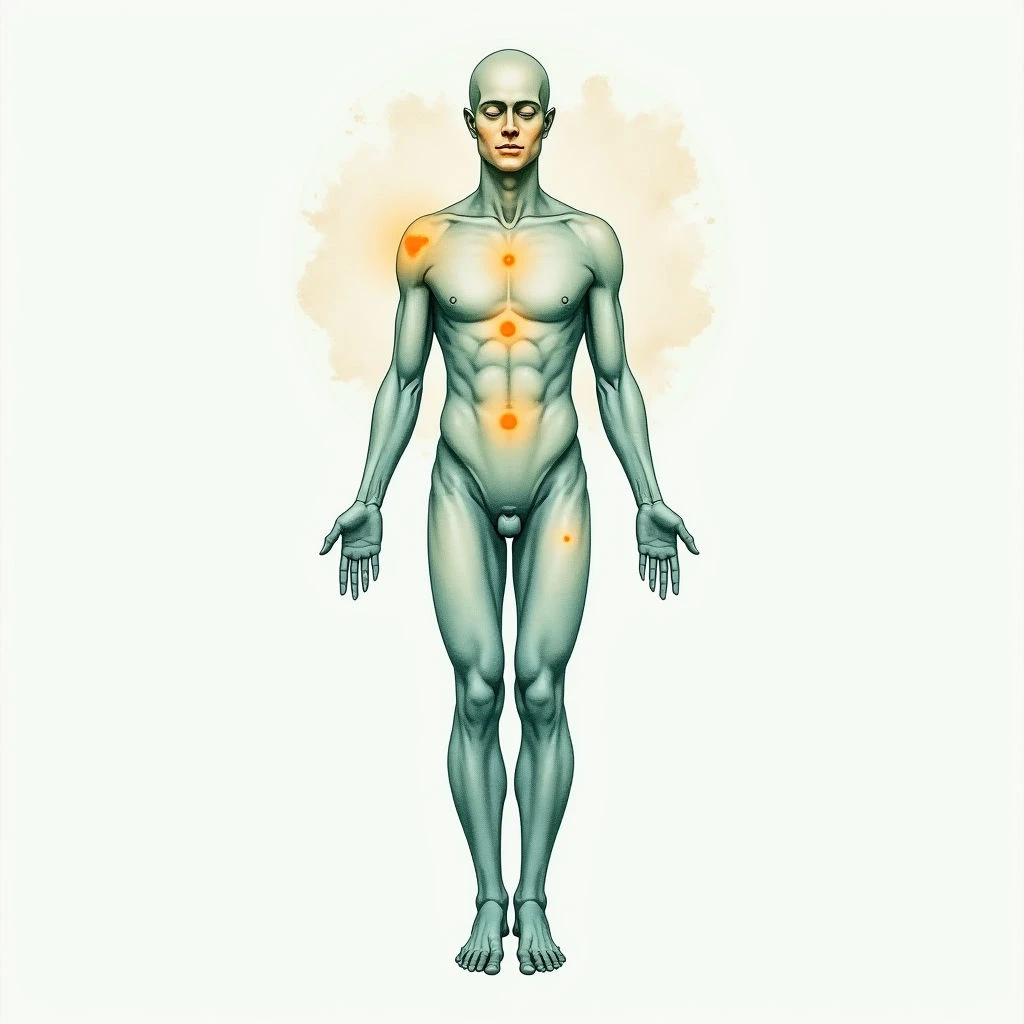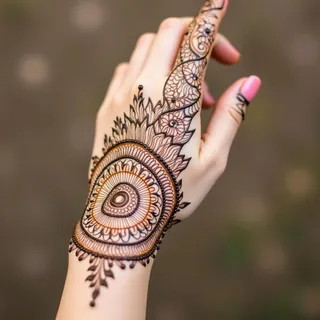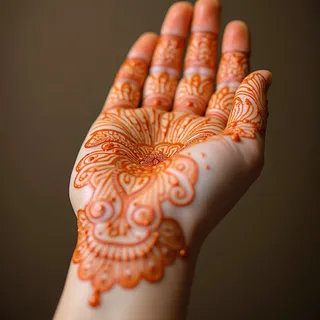Understanding Tattoo Pain Levels and Choosing Less Sensitive Areas
Tattoos are a beautiful form of self-expression, but let's be honest – they can sting! If you’re nervous about the pain or getting your first tattoo, choosing a less sensitive area is key.
The Least Painful Spots (Generally)
-
Outer Thigh
Thick skin with fewer nerve endings makes this area relatively comfortable. Consider floral designs, geometric patterns, or abstract art.
-
Calf
Similar to the thigh, the calf has a good layer of muscle and fat cushioning the bone. Animal portraits, landscapes, or script tattoos look great here.
-
Outer Arm (Bicep/Shoulder)
While the shoulder area can be slightly more sensitive due to nerve clusters, the bicep itself is generally tolerable. Choose bold designs like traditional style pieces, or illustrations with a clear subject matter.
-
Rib Cage
Surprisingly, many find ribcage tattoos less painful than expected because of thicker skin and muscle. Consider delicate watercolor styles or fine-line work—but be prepared for some deep breaths!
-
Outer Glutes
Thick skin and fewer nerve endings make this a good option if you’re looking to minimize discomfort.
More Painful Areas (Avoid if Sensitive)
- Spine
- Ankles
- Neck
- Inner Wrist
- Groin
- Fingers
- Face
Important Considerations
- Artist Skill: An experienced artist can minimize pain through efficient techniques and needle depth control.
- Design Complexity: Detailed designs require longer sessions and potentially more passes with the machine, increasing overall discomfort.
- Your Pain Tolerance: Everyone's different! Be honest with your artist about any concerns.
Disclaimer
*This is a general guide; individual experiences can vary. Always consult with a qualified tattoo artist for personalized advice.*


